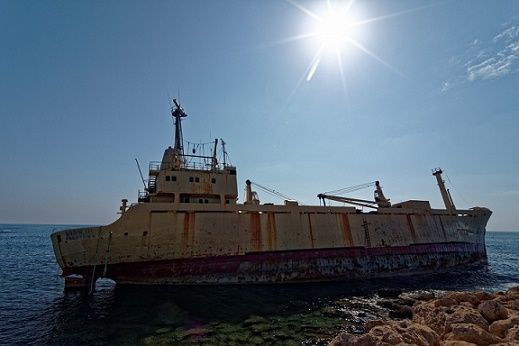A broad parliamentary majority has decided to set up a fund of 2.8 million kroner so that coastal municipalities can do something about removing unsightly wrecks lying off their beaches.
“It is not right that our coasts should be blighted by old ownerless shipwrecks left in the water for one reason or another,” said the environment and food minister, Esben Lunde Larsen.
“I’m glad we can now give our municipalities a helping hand so that we don’t have to look at these eyesores. They just don’t belong here,” added the minister.
This is something of a policy volte face because shortly before the summer holidays, Lunde Larsen told Parliament the wrecks should be allowed to remain in situ for an indefinite period if they did not constitute an environmental threat.
Helping to clean up
At present the state does remove wrecks considered environmentally hazardous. The fund now makes it possible for municipalities to remove wrecks declared ownerless in court or when the owner doesn’t have the means to remove them.
The fund is part of a general financial initiative of 45 million kroner that includes money for coastal management and nature preservation.
“The money gives municipalities the possibility of having a clean-up to the benefit of everyone who walks along the coast,” said Lunde Larsen.
Applications for funding have to be submitted before June 10 this year.















